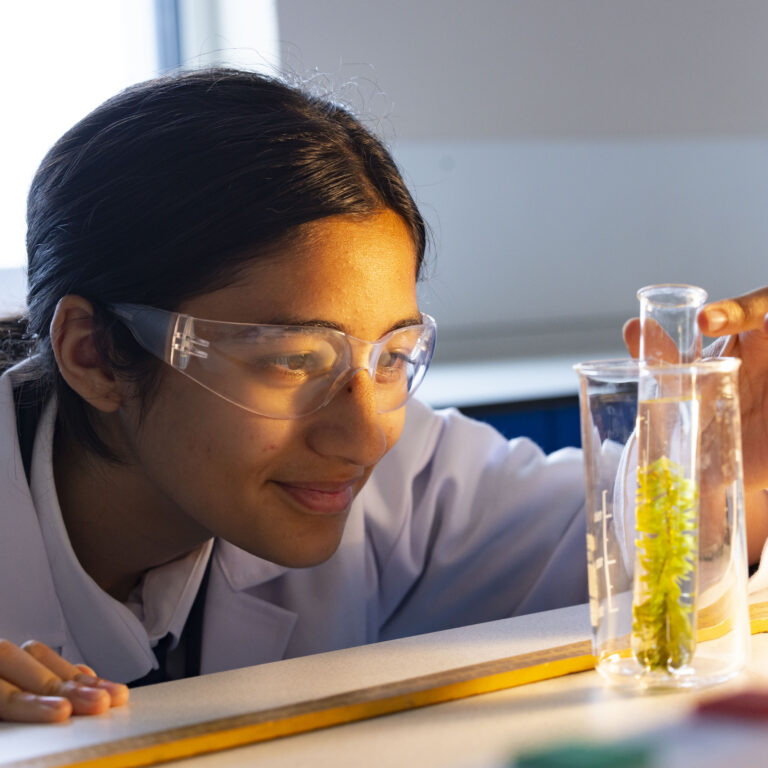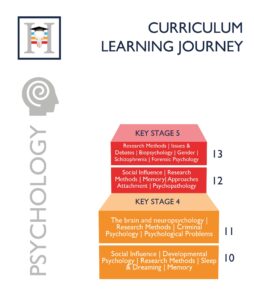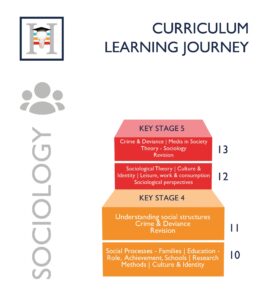Social science involves the scientific study and understanding of human society and social relationships across the spectrum of human life. Social scientists are interested in understanding the ways in which both internal and external processes influence and shapes our lives and development.
Psychology is concerned with the study of the individual, our thoughts, feelings and behaviours, whereas sociology investigates how the society we live in shapes who we are.
We teach students social science because it encourages self-awareness and reflection about their experiences in society. We feel it is important for students to practice seeing the world through the eyes of others, exploring new concepts and ideas, to ignite their curiosity and both broaden and deepen their knowledge and understanding of why we are the way we are, both as individuals and as a society.
We value an education in social science to encourage critical thinking skills through debate and discussion, to challenge aspects of everyday life that had previously been taken for granted. We seek to develop students’ appreciation of the importance of research based enquiry, to inform opinions and theories, through practical tasks, statistical analysis and wider reading.
Studying the social sciences will encourage a deeper understanding of social life, groups and societies to become a more socially aware member of society. This will be achieved by developing students’ fluency in the ability to express themselves in the language of social sciences.
As passionate social scientists, our aim is to instill an appetite for study that extends beyond the classroom and will be applicable to life experiences and future careers. As social beings, interaction is a fundamental part of our existence and exploring and understanding the complexity of the biological and environmental influences on behaviour is a vital awareness we would like students to take forward into adult life



